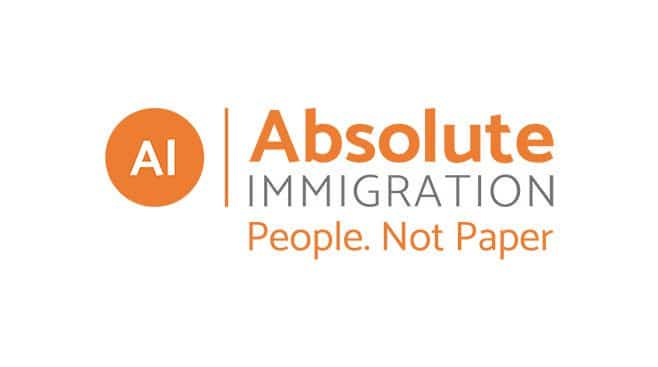Short term changes to NZ temporary work visas
The New Zealand Government has announced some short term changes to visa settings for temporary work visa holders in New Zealand. These changes are a direct result of the impact COVID-19 has had, and continues to have on businesses and temporary visa holders in New Zealand.
These short term changes will allow employers to maintain their existing workforce for an extended period of time, while ensuring opportunities for New Zealanders are not negatively impacted in the short and longer-term.
The three key changes are:
1. Extend all existing employer-assisted temporary work visas for people who are in New Zealand and whose visas are due to expire before the end of 2020 by six months.
This extension will be automatic for most visa holders and will benefit around 16,500 Essential Skills and Work to Residence visa holders who are in New Zealand. It will apply to onshore employer-assisted work visas expiring between 10 July and 31 December 2020 (inclusive).
All other conditions of the original visa remain the same, including the specific occupation and specific employer and location.
If you believe your visa should have been extended as part of this change contact our New Zealand Director by email at Arno.Nothnagel@absoluteimmigration.com
2. Delay the introduction of the 12 month stand down period for lower-paid workers who have had their employer-assisted work visa extended.
The stand-down period means that people who have been in New Zealand on a lower-paid Essential Skills visa for three years are unable to be granted a new Essential Skills visas until they have spent 12 months outside New Zealand.
This time-limited change will enable lower-paid migrants who are subject to the stand-down between August 2020 and the end of December 2020 to stay in New Zealand and work for the same employer in the same occupation and location for up to a further six months, in line with their visa extension.
However, the stand down period will still apply if you are subject to the stand down and move to another lower-paid Essential skills work visa.
There are around 600 workers who will be subject to the stand-down period between August 2020 and the end of December 2020.
If you are subject to the stand-down period from February 2021, you will still be required to leave New Zealand for 12 months before you are able to apply for another lower-paid work visa.
3. Reduce the duration of all new lower-paid Essential Skills work visas from 12 months to six months to mitigate future labour market risks.
This will apply to all new lower-paid Essential Skills work visa applications lodged from 10 July and will be in place for the next 18 months.
Applications received prior to 10 July will still be granted a 12 months visa if approved.
The visa types included in ‘employer-assisted’ work visas are:
- Essential Skills
- Work to Residence
- Special and Skilled work visas for China, Indonesia, South Korea, Philippines and Vietnam
- Special category work visas for Japanese Interpreters and Thai Chefs
- Work visas granted under section 61 of the Immigration Act 2009 that specify an employer
The New Zealand Government has made these short term changes to support businesses as they recover from COVID-19, enabling employers to utilise the skills of work visa holders who are already employed by them.
These changes provide a pathway to the Government’s planned implementation of reforms to the employer-assisted temporary work visa system in mid-2021. When fully implemented, these changes will mean that a strengthened labour market test will be applied to l lower-paid roles, and a more streamlined process will be applied to higher-paid and higher-skilled roles.
In line with the changes to employer-assisted work visas announced last year, from 27 July ANZSCO will no longer be used to determine whether a job is considered higher- or lower-paid. Instead, a simple remuneration threshold will be used which means that work visa applications for jobs that are paid below the median wage will need to include a Skills Match Report (SMR) from the Ministry of Social Development. The duration of the visa will also be dependent on whether the individual will be paid above or below the national median wage.







